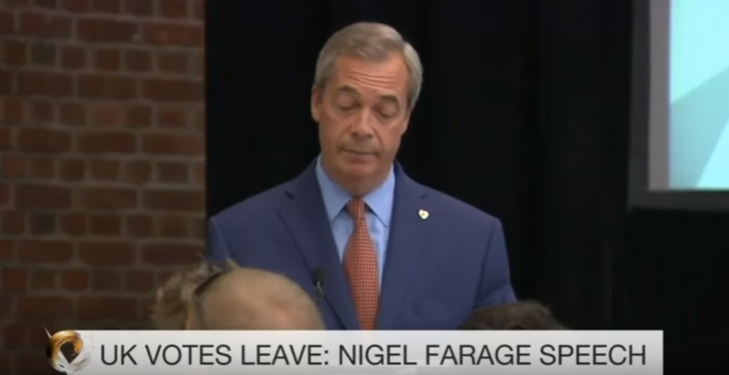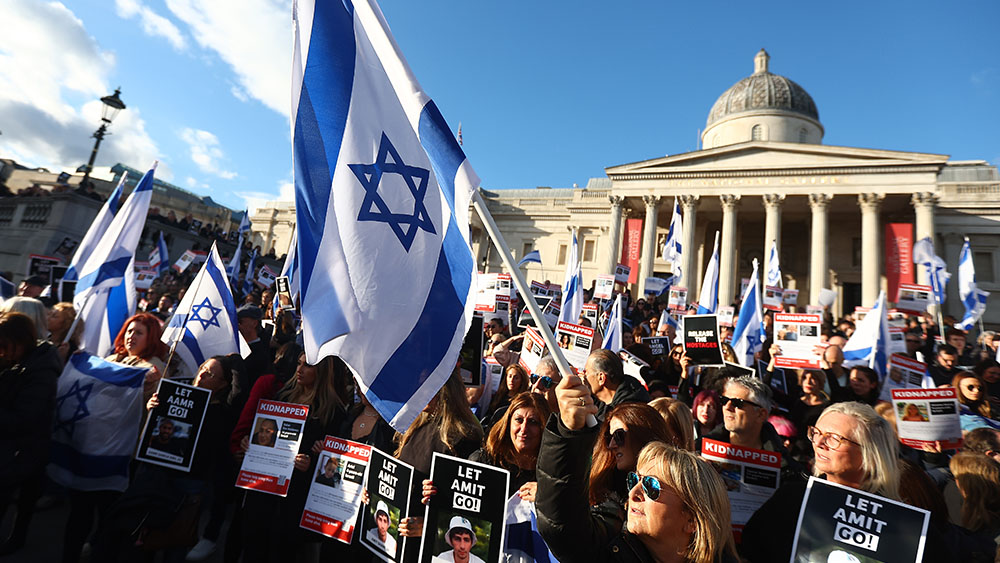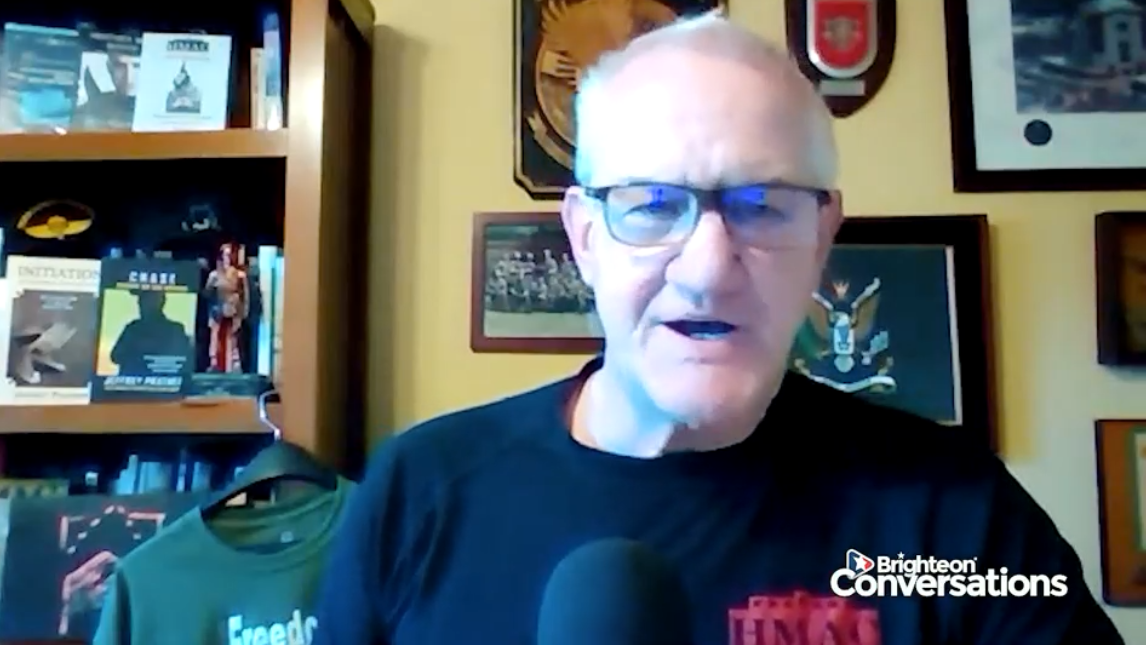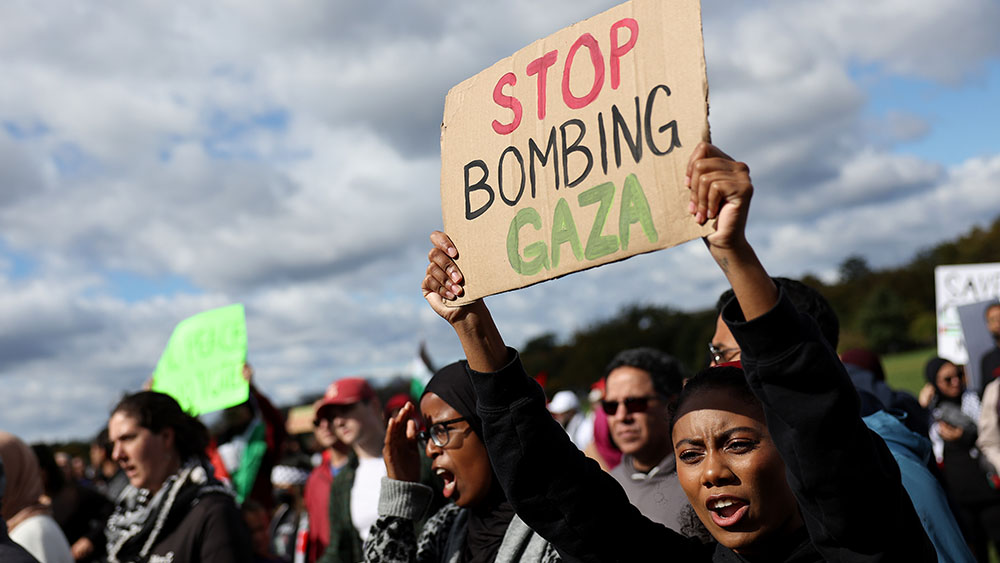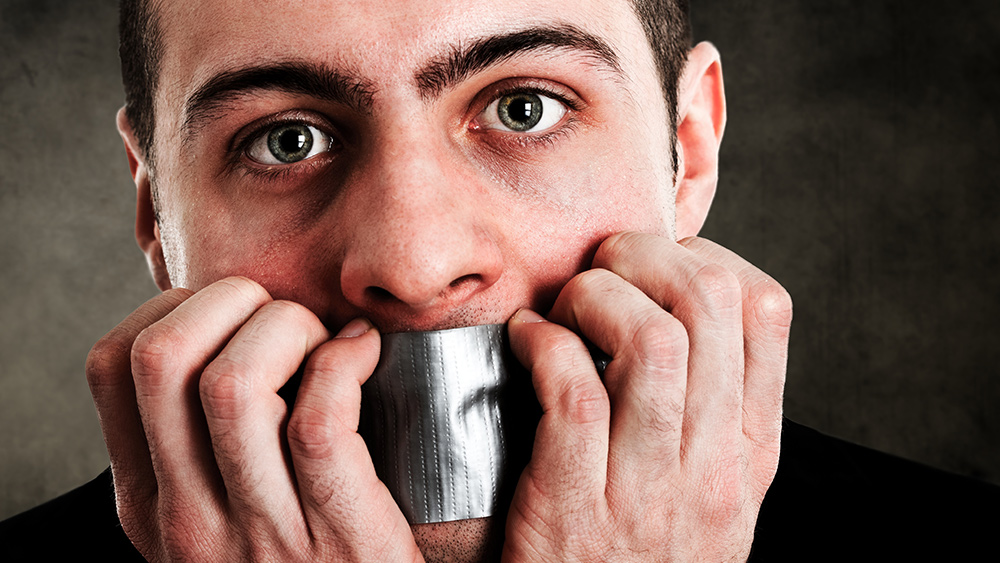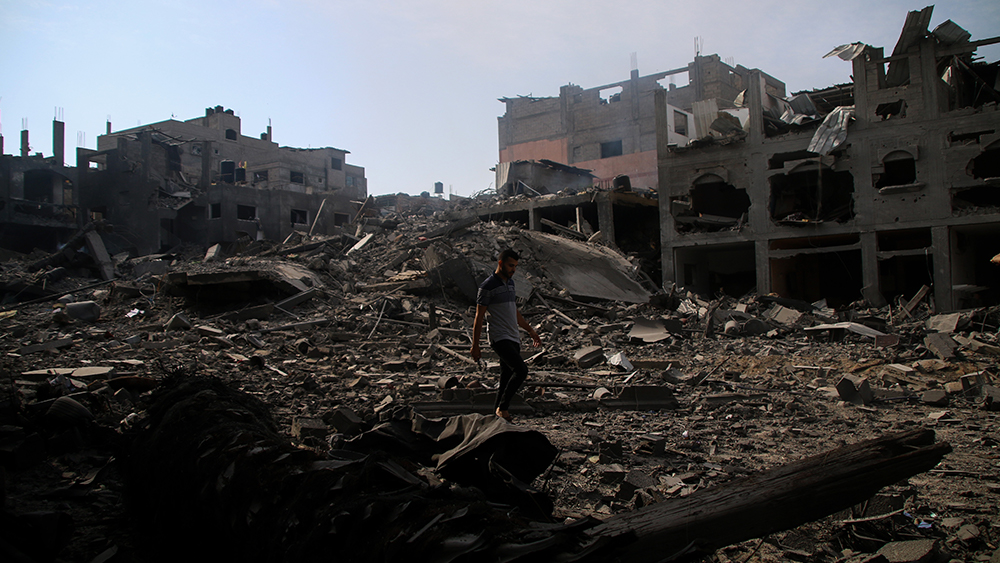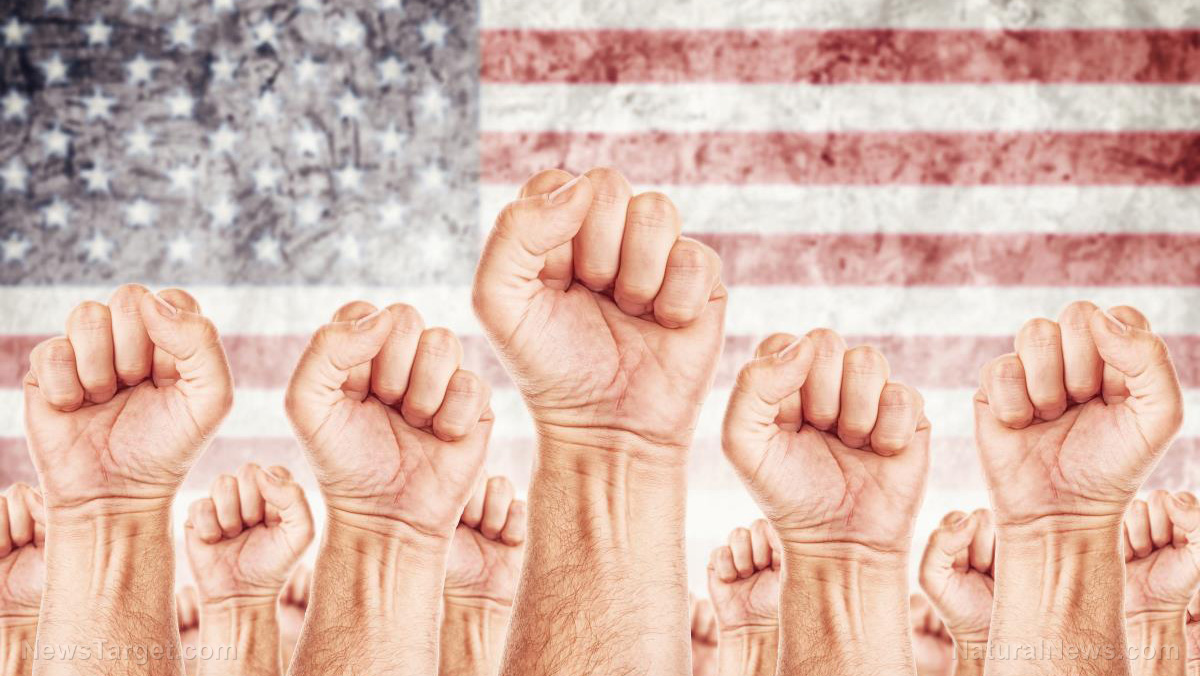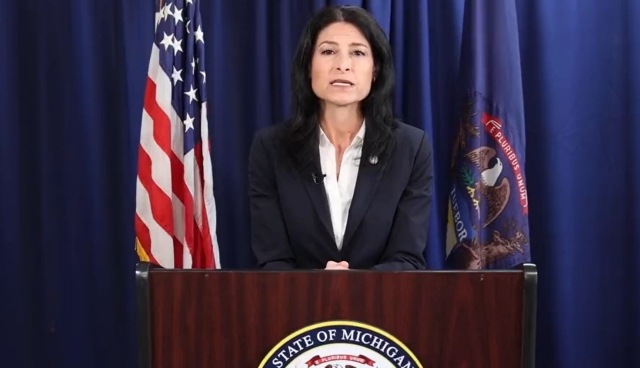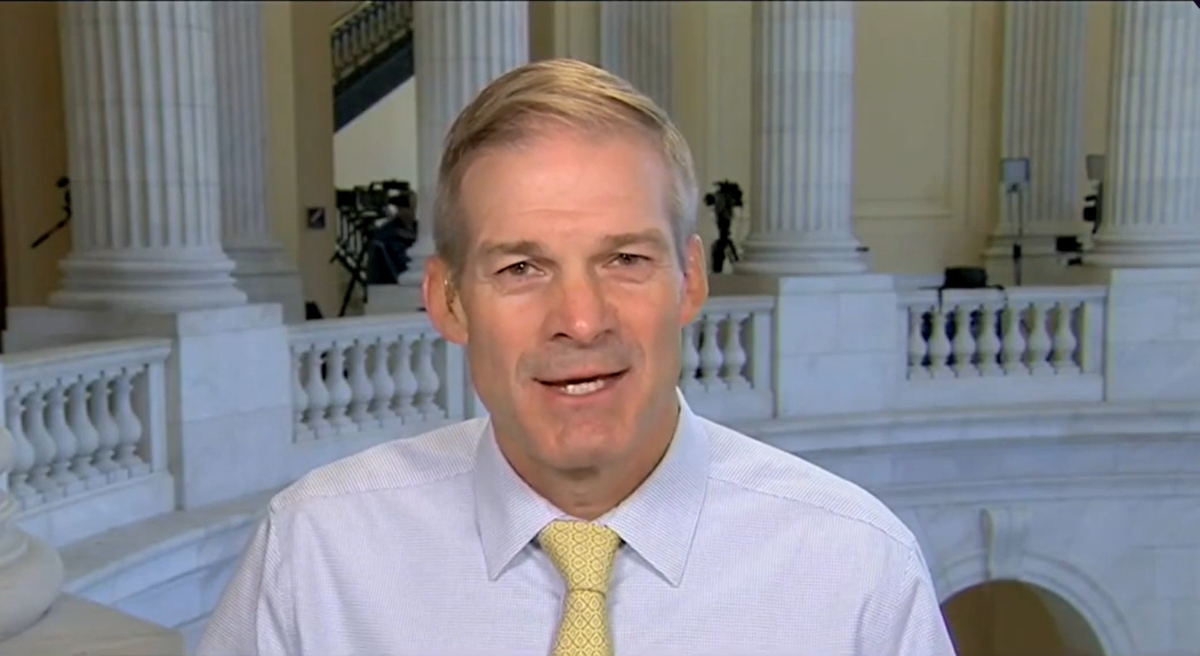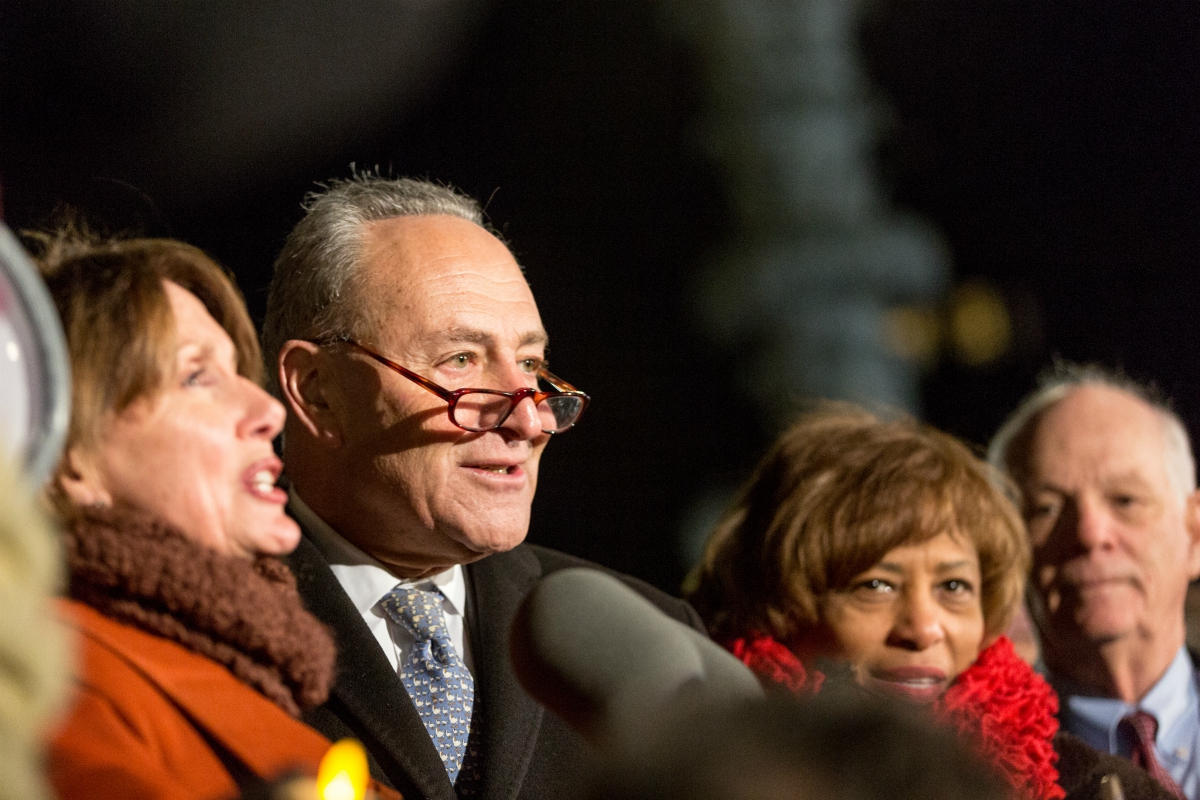India using INTERNET SHUTDOWNS for political control
10/25/2023 / By Kevin Hughes

Despite promoting itself as a trendsetter in the digital revolution, India has gained a reputation as a world leader in internet shutdowns. Such shutdowns were meant to establish political control over certain populations in the South Asian nation.
India’s reputation for internet shutdowns has exceeded those of other authoritarian governments, such as Russia, Sudan, Iran, Myanmar and Ethiopia. It also contradicts Indian Prime Minister Narendra Modi’s vision of a “digital India,” which he has proudly driven since being elected in 2014.
One example of this shutdown happened in the northeastern state of Manipur, which saw its internet service suddenly and unilaterally cut off last May. The state’s mobile internet was eventually turned back on after over 140 days, albeit with strict controls. New Delhi justified the shutdown in Manipur as a result of the ethnic violence between the state’s two tribes – the majority Meitei and the minority Kuki.
The inter-tribal violence has claimed over 175 lives and shows few indications of subsiding. The shutdown also produced a de facto information blackout concerning the conflict, leading to the spread of misinformation and a months-long coverup of abuses against the Kuki people by the Meitei.
Later, the Manipur state government prohibited the sharing of images and videos of “violent” activities. The edict issued on Oct. 11 followed two graphic videos becoming viral in the northeastern state. The footage showed a Kuki man being burnt in a trench by a mob of Meitei rioters.
According to Manipur authorities, such photos and videos can stir up mobs. Thus, it threatened legal action against any person discovered to be circulating images and videos of violence.
Nevertheless, the shutdown crippled Manipur’s economy and livelihoods. Based on a computation by the Internet Society, the shutdown in Manipur has cost the state $6 million and resulted in nationwide losses of exceeding $4 billion.
People spoke of being forced to shut down their businesses, students unable to complete their studies and workers in the e-commerce market, who were either working for apps like Uber or selling their products online, no mobile internet meant no business.
State health, welfare and food subsidy programs, several of which are completely digitized, have also been seriously affected, furthermore complicating the problem of caring for the 60,000 people who have been displaced by the strife and are living in temporary tents.
India has shut down the internet more times than any other nation
However, the shutdown in Manipur is not the first time the Indian government has shut down the internet for an unlimited duration. For the past five years, India has shut down the internet more times than any other nation. In 2022 alone, New Delhi has shut down the internet for a total of 84 times – affecting over 120 million people.
In the distressed region of Kashmir, after stripping the state of numerous independent rights, the government enforced an 18-month shutdown from August 2019 until February 2021 – the longest ever forced in a democracy. Prior to that, in June 2018, the people of Darjeeling experienced a blackout that lasted over 100 days after a disturbance erupted. (Related: It’s all about CONTROL: Macron suggests shutting down internet and cutting off access to social media platforms to curb protests in France.)
“It’s totally contradictory. One hand the country is boasting about how digitized our systems are and telling the world to follow us, and on the other they are imposing frequent internet blackouts so none of these digital systems can work, impacting millions of people and costing millions of dollars,” said Raman Jit Singh Chima, Asia Pacific policy director at Access Now, a non-profit that tracks state-enforced blackouts.
“We are at the point where the use of shutdowns has become completely entrenched in India. They’ve become weaponized as a tool of political control. At the first sign of protest, of unrest, of any form of dissent, the first thing they do is shut down the internet with almost no accountability.”
Follow Tyranny.news for more news about state-enforced internet blackouts.
Watch Mike Martins talk about the internet censorship that is going to sweep the world.
This video is from the Mike Martins Channel on Brighteon.com.
More related stories:
India demands social media networks remove references to “Indian variant” of COVID.
Sources include:
Submit a correction >>
Tagged Under:
big government, civil unrest, Collapse, computing, cyber war, freedom, Glitch, government control, India, information technology, internet blackout, Internet shutdown, Kuki, Liberty, Manipur, Meitei, Narendra Modi, New Delhi, obey, Orwellian, totalitarianism, tribal conflict, Tyranny
This article may contain statements that reflect the opinion of the author
RECENT NEWS & ARTICLES
COPYRIGHT © 2017 FREEDOM NEWS




